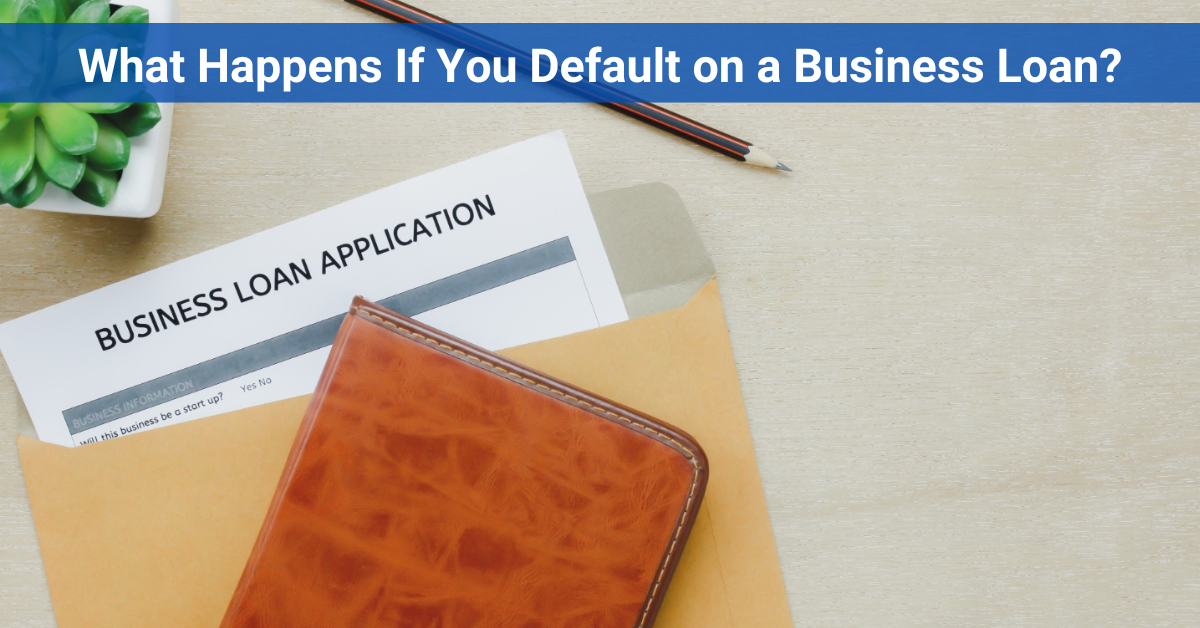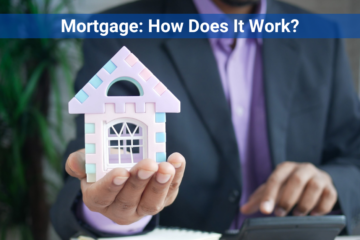It may be necessary for you to get a business loan if you need capital in the short term or if you want to consolidate existing debt. Also if you’re planning a major purchase. However, just like any other loan, you need to pay it back.
What happens if you get a business loan and you find that you can’t pay? It could lead to default in that case. Defaulting on a business loan doesn’t mean it is the end of the world, but it can have a major aftermath for you and your business. Here are some things that you need to know.
To Default on a Loan – What it means
Generally, when you miss your payments for a set period, you default on a business loan. The time frame is set by the lenders. For example, some business lenders may elect your account default status just after one missed payment. Others may wait until you’re about ninety to one hundred twenty days past due.
Default is not the same as being delinquent. Delinquency status means you’re late on the payment of the loan but the lender hasn’t started any collection actions against you yet. They’re still giving you time to pay the loan but they may be considering to add late fees and penalties to the loan balance.
You’re basically failing to meet the terms of your loan agreement when you default. The lender may take persistent measures to get you to pay at this point.
How Do Lenders Handle Default?
It is different for every lender, but after defaulting on a loan, you should expect to receive phone calls or letters informing you that you’re in default and should pay immediately. The lender may initiate these communications or they may hire a collection agency for your account.
The next thing to happen will depend on whether you took out a secured or unsecured business loan. The lender may take the collateral you put up to settle the debt with a secured loan. The lender may sue you if there’s no collateral. They can move to garnish your business assets if they win a judgment. If you signed a personal guarantee for the loan , your personal assets could also be garnished.
The lender may sell the account to a collection agency and charge your account off their books if the lender thinks they’re not going to get paid. You now owe money to the collection agency, not the lender. To try and collect on the loan, the debt collector can also sue you.
How Does Default Affect You and Your Business?
Defaulting on a business loan can have a lot of impact on you and your business.
First, you could lose any collateral you promised to get the loan. If the collateral was an equipment with a high value or real estate, that loss could be costly. Default could easily drain your financial reserves if you secured the loan using cash assets.
Second, your financial losses can inflate, having legal action taken against you. You’re expected to pay court costs and attorneys’ fees for the lender or debt collector who’s suing you. Having to deal with a court case can also be stressful and time-consuming, possibly hindering your ability to run your business.
Third, and most significant, your credit can be damaged when you default on a business loan. Both business and personal credit scoring models take into account your payment history into score calculations. Your score can significantly be affected with even one late payment. The effects can be complicated when you have multiple late payments, the loan is charged-off, or you have a public record resulting from a judgment.
How you acquired the loan will determine whether your business credit score or your personal credit score is affected . Only your business credit report and scores may be impacted if the loan is in your business’s name. But if you accepted personal liability for the loan, either by using your Social Security number to apply or by signing a personal guarantee, the default will be shown on your personal credit history. Negative marks can stay on your credit reports for up to seven years.
It can become more challenging to get approved for new loans, credit cards, lines of credit, or vendor trade lines when default lowers your business and/or personal credit scores. All of these could impact your ability to do business. And if ever you are approved, you may pay a much higher interest rates as a result of having a lower credit score.
Take Action to Avoid Default
Reach out to your lender if you think you may be at risk of defaulting on a business loan. They may be able to allow you to pause your payments temporarily or offer to help in restructuring the loan payments. You may also consider refinancing the loan to make payments more feasible. Acting promptly can help lower the odds of ending up in default.
If you’re concerned about negative items on your credit report, contact Credit Repair Now. We have the best credit repair specialist who can work with you to help identify and fix what’s bringing your credit score down. We provide exceptional credit repair services. Our specialists can assist you with bad credit business loans and bad credit mortgages.




